Scott Korb is a Religious Studies and Writing professor at Eugene Lang College and New York University. His latest publication, Light Without Fire: The Making of America’s First Muslim College, tells the story of the nation’s first four-year Muslim liberal arts college.
Korb will be speaking about his book and the place for Islam in America at The New School on Wednesday, April 24, at 6 PM in 66 West 12th Street, room 510.
What inspired you to write this book?
I’ve always been interested in faith and religion. I’ve written about Christianity and I’ve written about Judaism. I teach about Judaism and I teach about Christianity in religion classes both here [at The New School] and at NYU. But I have never really done much writing or in-depth thinking about Islam until I was confronted with that fact in a classroom one day, back in 2009 following the Fort Hood shooting. I didn’t really have a way to deal with a controversy about a Muslim who had become radicalized and the reporting about it – the opinion pieces about it – that tried to characterize all Muslims as being potential terrorists. I thought that in going out to Zaytuna College to try to understand Islam more fully in a personal way through engaging a whole community, people who were committed to education in a way I think I’m committed to education, I would learn a great deal. I think I did, and my hope was to share what I’ve learned with an audience who, I think often times, are unaware of what Islam looks like in America.
What was the process of writing this book like for you, personally?
It involved a lot of juggling of time. I live in New York and I teach here so I would spend one long weekend a month with the scholars and students at Zaytuna College in Berkeley, California. I would fill those weekends with classes and visits to the mosque, with long interview processes and long discussion sessions with the students. I would also attend celebrations with them, I would go to fundraisers and other lectures. The process was just a lot of juggling time and making myself as available to the community as I could and they made themselves available to me.
What is the mission of the school?
The school’s mission is to create students who are well-versed in Islam and also well-versed in what it takes to participate fully in American culture. To try and find ways, both in terms of a devotional life, academic life, and alternately, a professional life, that allow them to integrate who they are as religious people, who they are Americans, have an active civic life and professional life that is rooted in Islam but also takes with equal importance the role in the culture in which they live.
Can you say a few words about the people who founded the school and how they’re running it?
There are three founders of the school. One is Hamza Yusuf Hanson, and another is Zaid Shakir, and another is Hatem Bazian, who’s a professor at the University of California, Berkeley. They originally ran the school with two majors: one in Islamic Law and Theology, the other in Arabic. They since transformed the system of the school to operate strictly as a liberal arts college, with no majors. So when you graduate from this school, you graduate with a Liberal Arts degree from Zaytuna College. Next year they’ll graduate their first class. The founders themselves are much beloved among the students and are incredibly popular around the country, with Muslims of all stripes.
Where do you think Zaytuna College is headed?
It’s heading to go according to their plan. They will be accredited as a liberals arts college both by the state as well as by a governing board called the Western Association of Schools and Colleges. That’s sort of their initial goal, becoming an accredited institution. But in the end I think they hope to be able to become – as they say – the home for Islam in America, the academic home for Islam in America. So what they’ve recently done is purchase a permanent campus. They had been renting campus space from a Baptist Seminary in Berkeley, California. They recently bought their own property and moved up to an area in the city known as Holy Hill and nestled in among other seminaries or other religious institutions, mostly Christians as part of the Graduate Theological Union, though they are not part of the GTU. Their move is to situate themselves within that community so that they’re both supported within an environment and also able to contribute to enriching those others schools with a sense of what Islam is about.
What does this school mean for the future of Islam in America?
I think that Zaytuna believes that they’re producing the next generation of Islamic leaders, Muslim leaders, not just in terms of religious institutions, but also their specific place in the professional world because of their career. Zaytuna really believes that they will have an effect on Islam in America by producing the next generation of leaders.
What is the bigger message you would like to convey with this book?
The book means to show an audience what an American-Islamic institution looks like. My hope is from the inside and my effort is to try to dispel mist about Islamic America and reduce suspicions and fears of what Muslim organizations establishing institutions often generate. I think they often generate fear and suspicion. And in my experience, it accomplishes the exact opposite, that in fact, Zaytuna’s trying very hard to establish itself within the culture to make connections into the culture and to invite people to come and see what they’re all about as well.

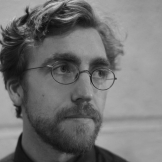
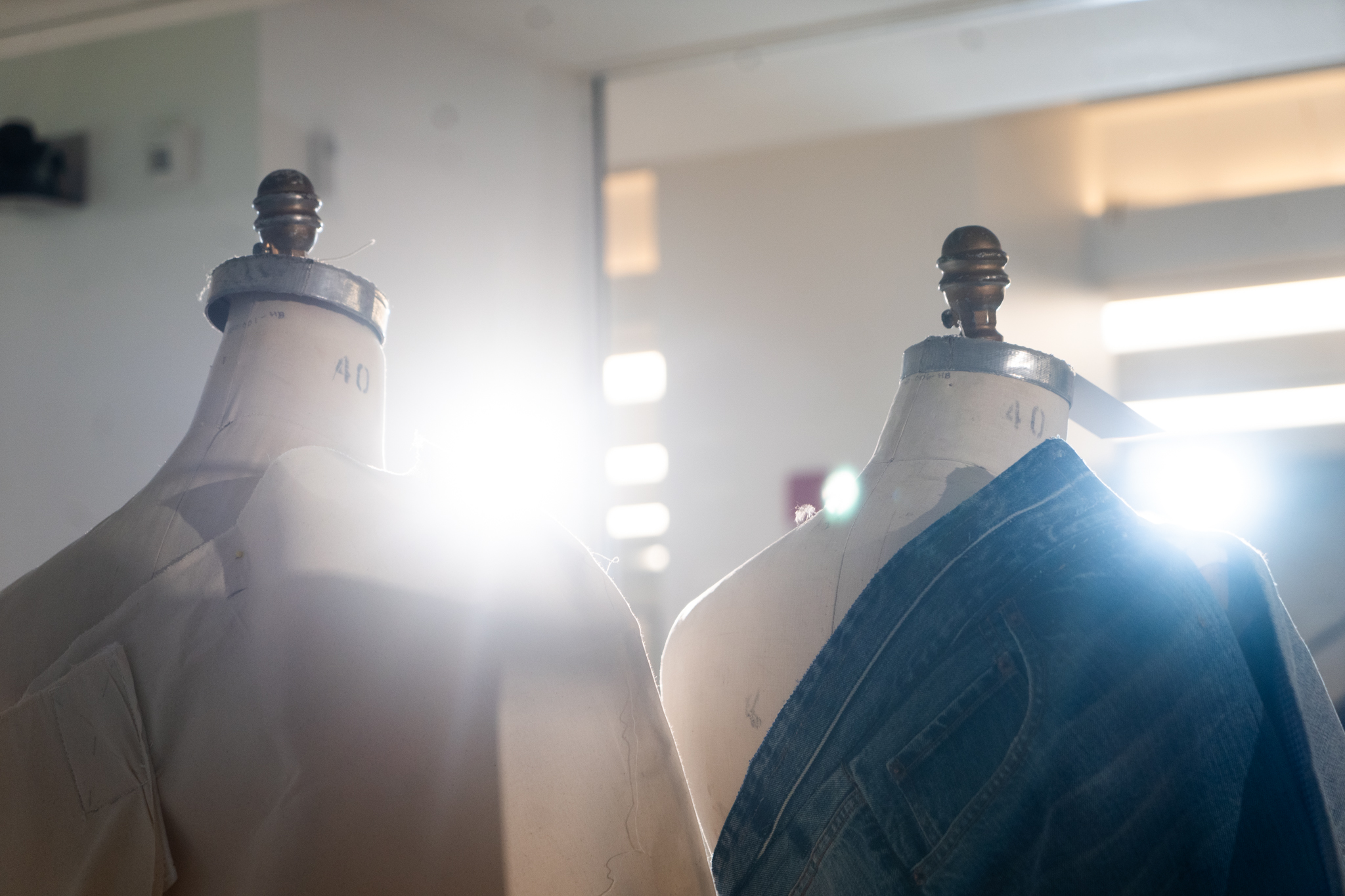
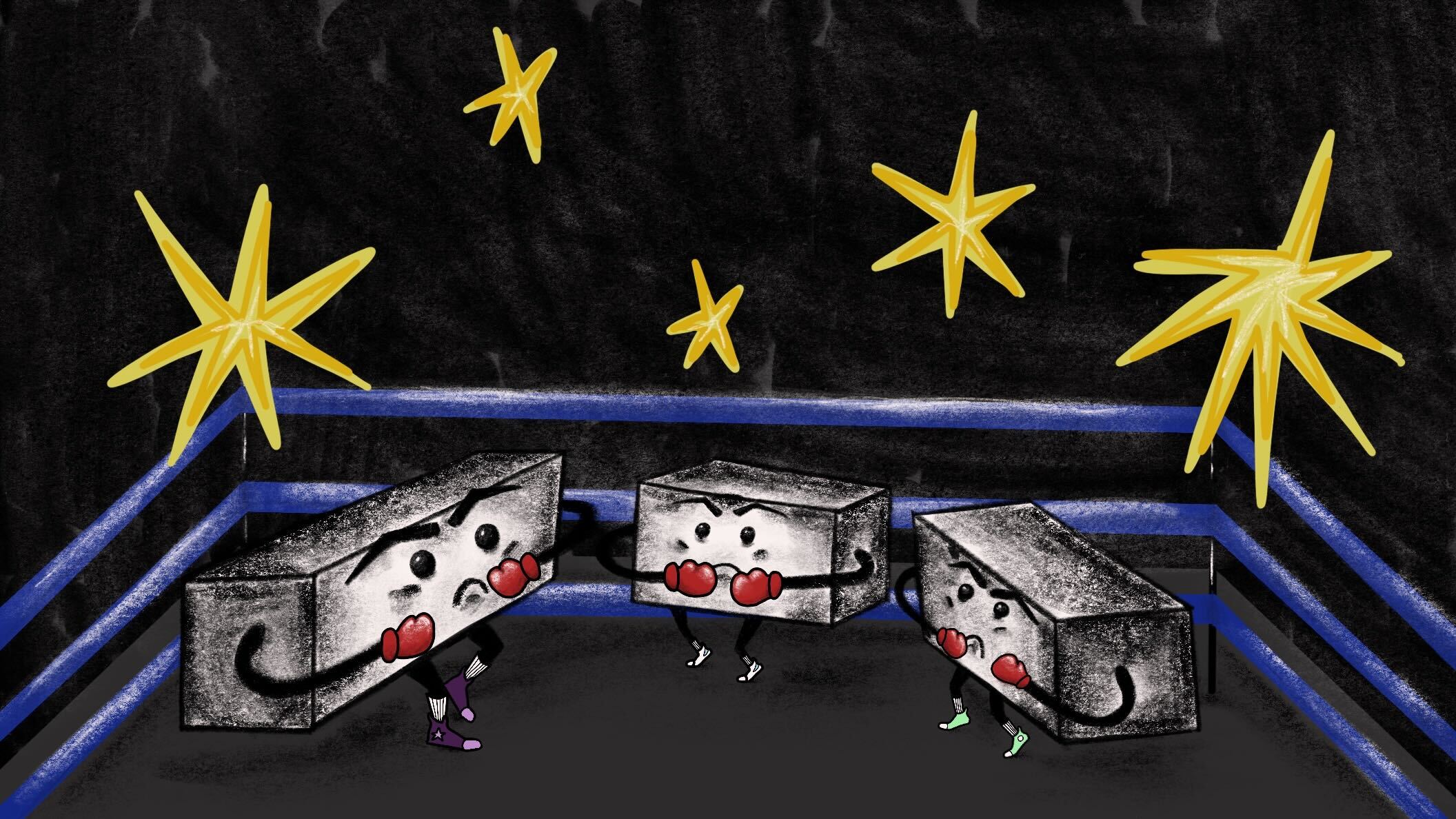

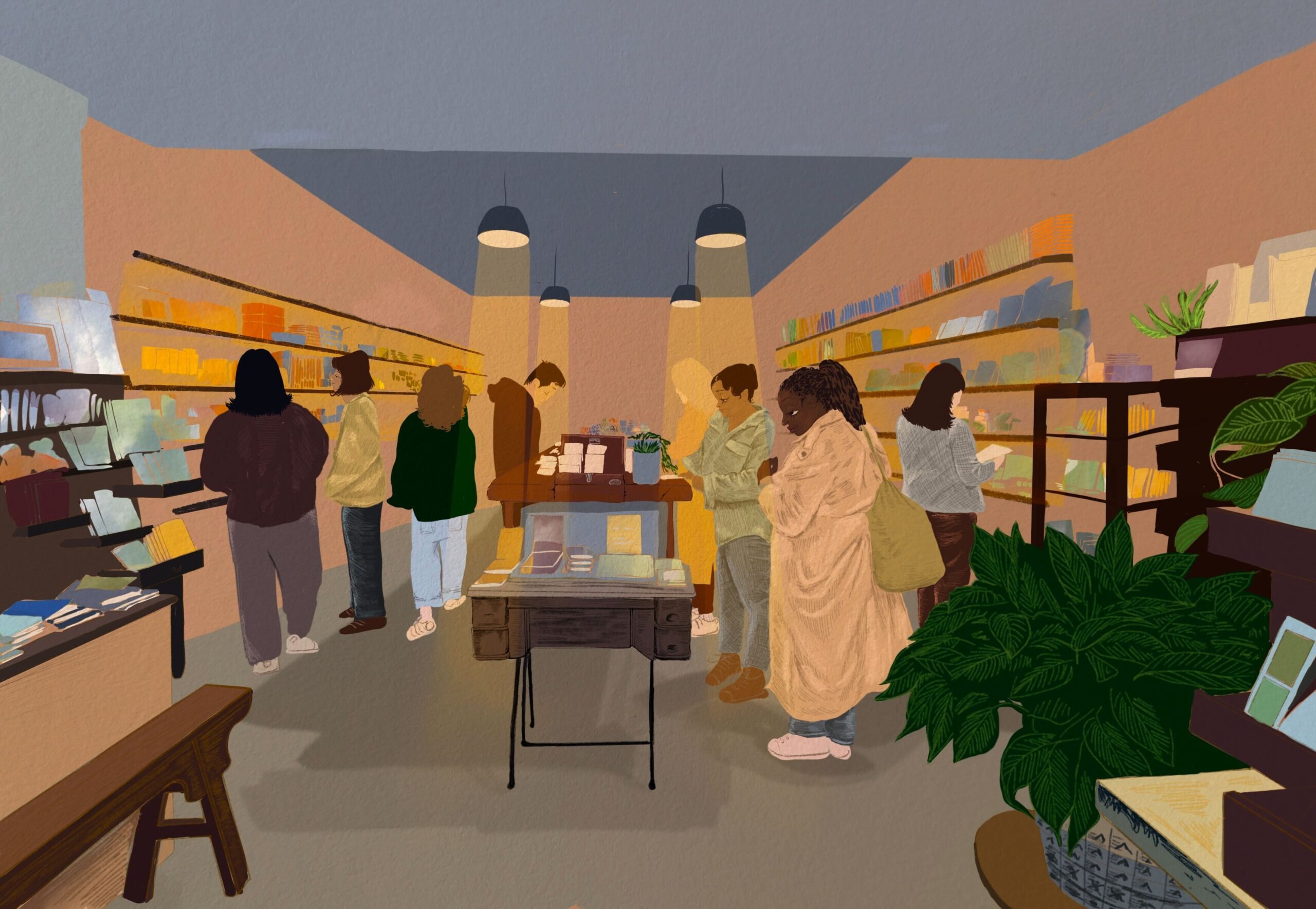
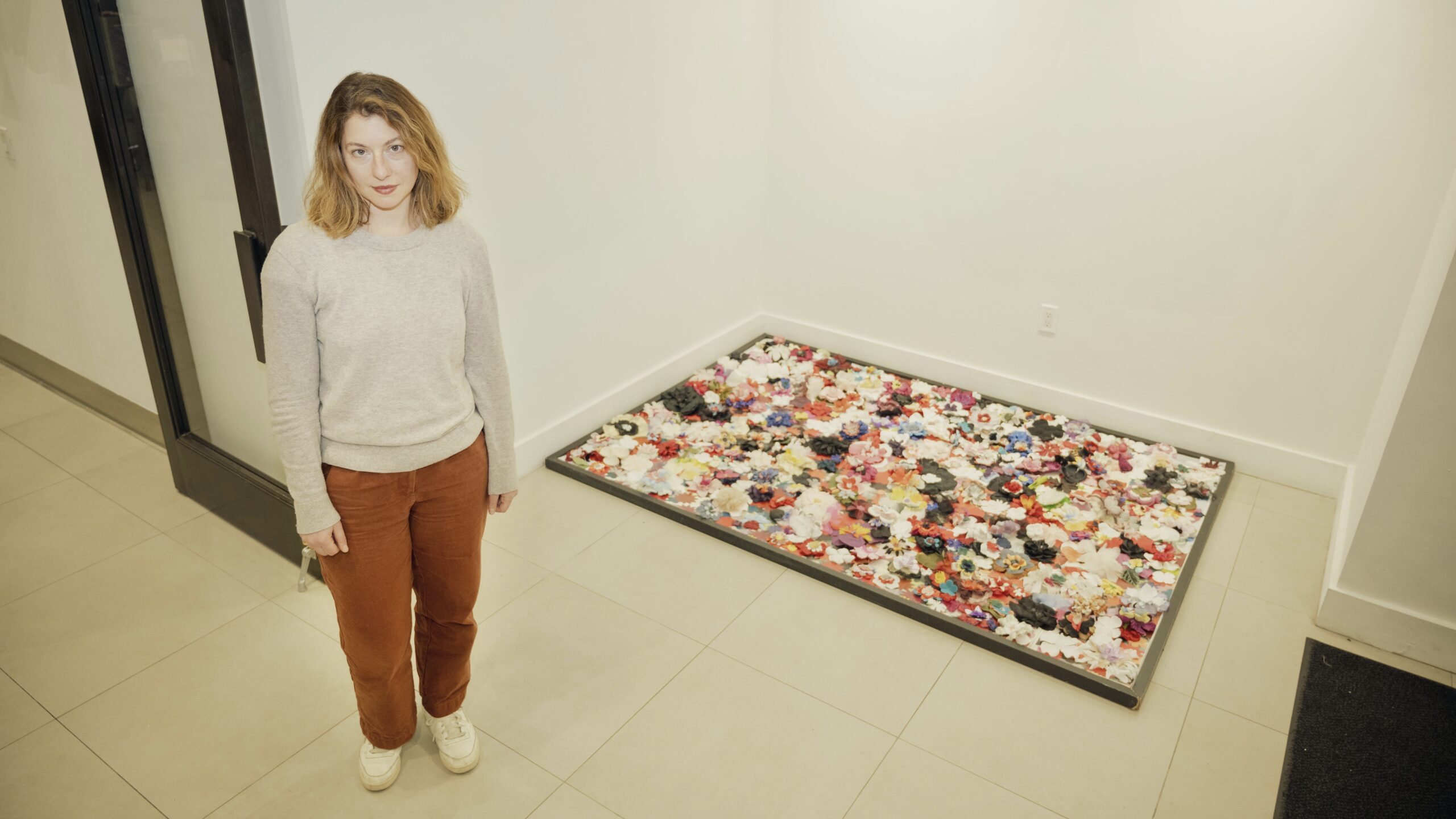
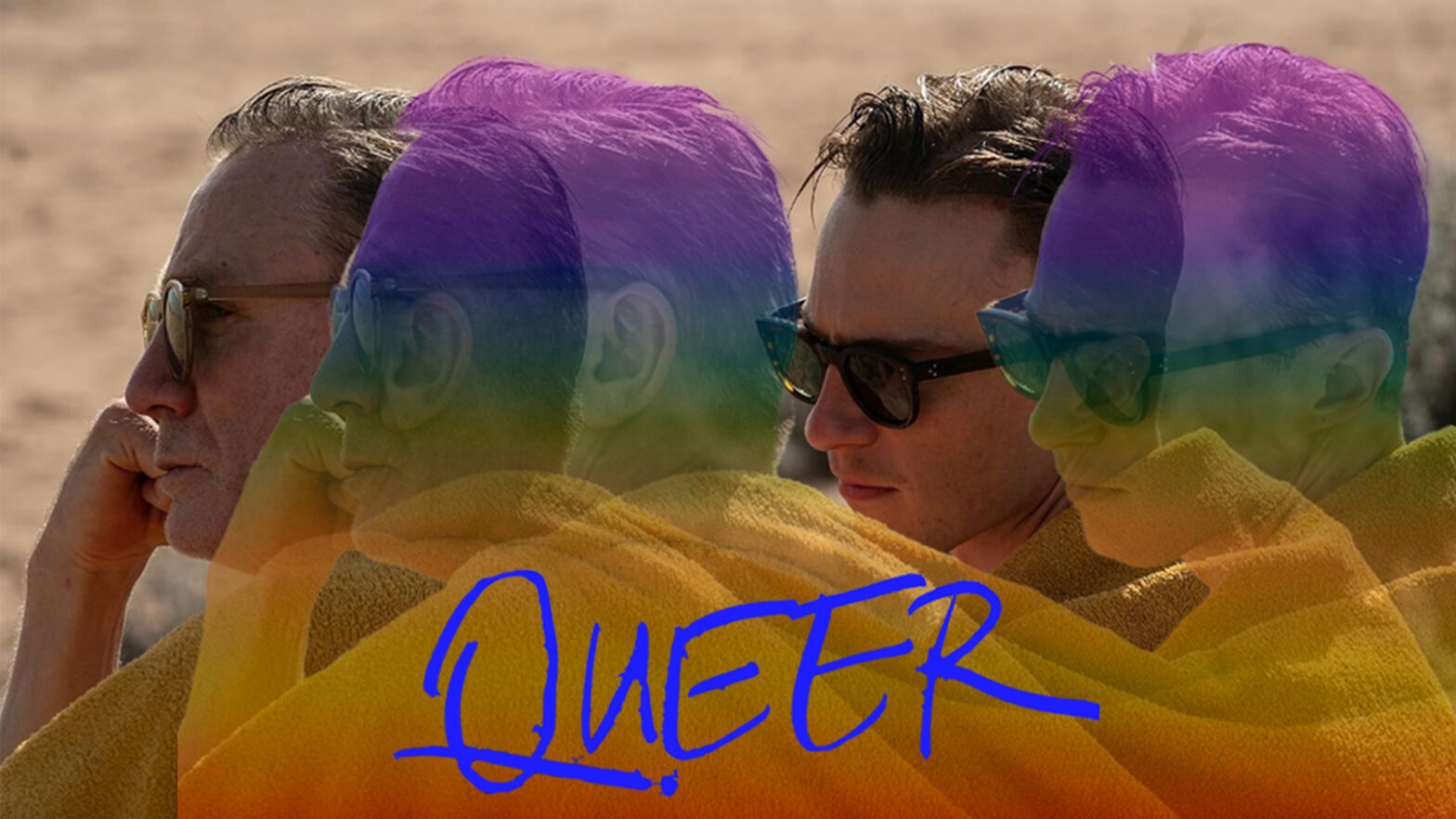
Leave a Reply